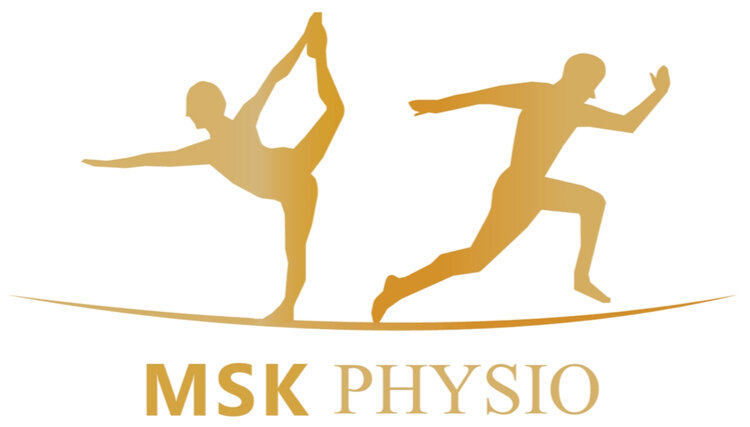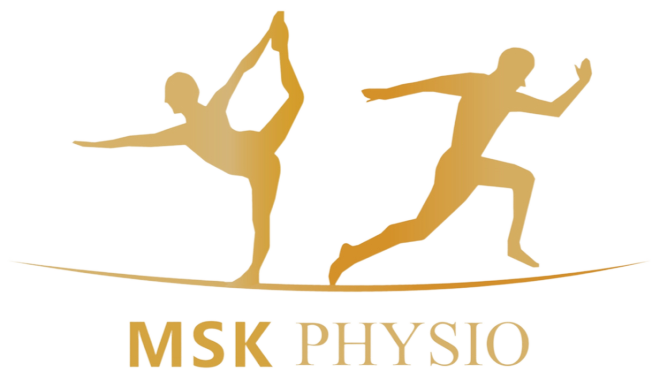ACL Injury Treatment & Early Rehab: How Physiotherapy Supports Recovery
ACL (Anterior Cruciate Ligament) injuries are among the most common knee injuries in sport, especially in activities that involve pivoting, sudden direction changes, and jumping—such as football, netball, basketball, and skiing. The ACL stabilises the knee joint by preventing excessive forward movement and rotational stress. At MSK Physiotherapy London, our Physiotherapists provide evidence-based ACL rehabilitation plans to support recovery from both surgical and non-surgical ACL injuries. Early rehabilitation is essential for reducing pain, restoring movement, and preparing the knee for progressive strength and return-to-sport training.
Why Early ACL Physiotherapy Is Important:
The aim of the first phase of rehab sets the foundation for long-term recovery. Starting the physiotherapy journey helps:
Treat and control swelling management
Restore full knee extension (important for walking normally)
Activate the core and lower limb muscles (especially hamstrings and quadriceps) to avoid muscle wasting
Improve gait and weight-bearing tolerance
Early rehab is crucial whether you're having ACL reconstruction or taking a non-surgical approach.
What Is an ACL Injury? (How & Symptoms)
An ACL tear typically occurs during:
Sudden pivoting or change of direction
Landing awkwardly from a jump
Direct contact or collision
Hyperextension of the knee
Common symptoms of an ACL injury include:
A popping sound at the time of injury
Rapid swelling within hours
Knee instability or “giving way”
Pain with walking, bending, or turning
Early Stage ACL Rehabilitation Goals:
Reduce Swelling & Pain (P.R.I.C.E, Gentle Mobility, Hands on Treatment)
Restore Range of Motion (Improving Knee Flexion & Restoring Extension)
Muscle Activation & Engagement
Movement & Walking (Improving Walking & Stairs Practice)
Physiotherapy Treatment Techniques:
At MSK Physio London we utilise a combination of manual therapy, hands on, exercise rehab, and muscle activation strategies, which may include:
Joint mobilisation to restore knee extension and flexion
Soft tissue treatment to reduce stiffness for pain relief
Strength and neuromuscular retraining
Personalised guided home exercise plans
Swelling management techniques and patient education
These treatments aim to help restore normal movement patterns and prevent long-term compensations and atrophy. Progress may vary depending on injury type, graft selection, and orthopaedic consultant guidelines.
Do All ACL Injuries Need Surgery?
Not necessarily. There are some individuals, especially those not returning to pivoting or contact sports who may be able to have successful rehab and physiotherapy without surgery.
Surgery may be recommended when:
The knee joint regularly gives way during daily activity
There is a full ligament rupture causing further issues
The client wants to return to high-level sport
There are associated injuries (e.g., meniscus tear)
Next Stages of ACL Rehabilitation
After the early phase of physiotherapy and rehab. We then plan to progress to:
Strength training & hypertrophy
Running preparation & plyometrics
Change-of-direction and agility work
Sport-specific training
Return-to-sport testing
Return to competitive sport typically occurs 9–12 months after ACL reconstruction, depending on strength, stability, movement quality, and client confidence (not only healing times).


